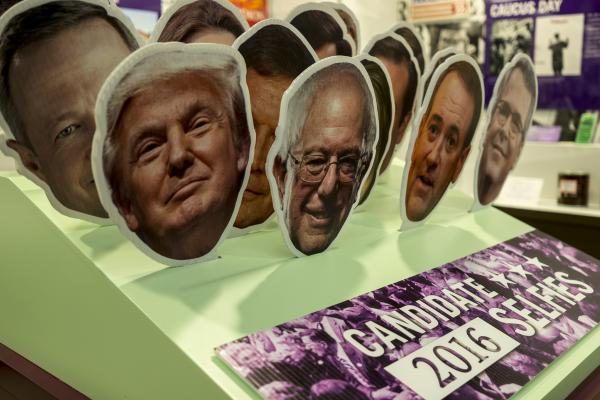Feb 2, 2016
So who was the real loser in Iowa last night? The "evangelical" brand. For weeks now the nation has heard the media talk about "evangelicals" — by which they actually mean white, highly conservative, older, mostly male voters motivated by their faith. Last night one pundit after another analyzed who this “evangelical” vote supported, with data showing Ted Cruz winning significant backing.
Read the Full Article

Already a subscriber? Login
